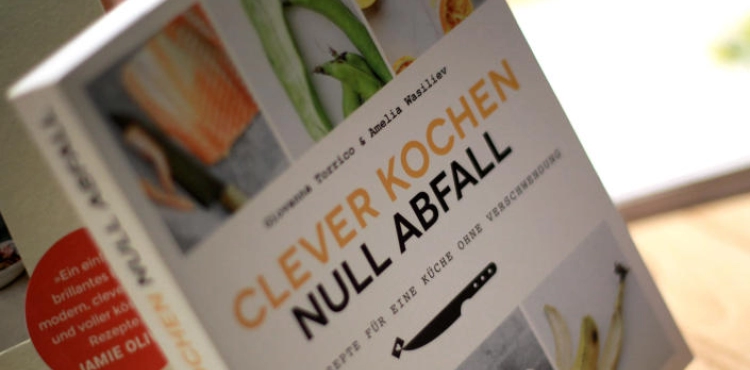"The harder you work, the lower the wage," says German translator Karen Bates, who suffers from the same problem as comrades.
"The pay is calculated based on the number of pages, not the time used in the translation," she says.
Bates, an expert in Chinese science, has translated 15 books over the past 10 years.
It took Bates three years to translate Liao Yifos´s "The New Birth of the Ant," and it took more than a year to translate every part of the huge books of Chinese author Liu Zixin, famous for science fiction.
The translator loves her work, and also speaks Japanese, Spanish, Italian, English and French. "Working with language and culture, I found my message here, a bit," she says.
But she does not enrich from behind the translation, "it is difficult to live on translation alone."
The German translator explains that she is improving her "sensitive career" with prize money, grants, additional work and translation.
"Translators are intellectual property owners, but they are trampled by publishers under the wheels of printing costs, costs that publishers want to reduce as much as possible," Bates said.
"Translators who are often overlooked are the literary heroes I deal with every day," Norwegian writer Erika Fatland said on the sidelines of the Frankfurt Book Fair.
The German Association of Translators of Literary and Scientific Works complains that translators are not paid well or undervalued.
The union has about 1,300 translators, not all of whom have enough life.
A survey showed that the average annual income of a translator in Germany in 2017 and 2018 was less than 20,000 euros, about half the average income in Germany.
Five years ago, the Union reached an agreement with publishing houses to regulate the wages of translators. The "basic wage" for the translation of the "regular page" was 19 euros, not less than 15 euros, and no more than 23 euros per page for particularly stressful translations.
But that doesn´t really apply, "it is the big companies, in particular, that violate our right to adequate fees," said Kristel Kroning, a spokesman for the German Association of Translators of Literary and Scientific Works.
Translators´ fees are declining as they receive an average wage of 3.40 euros per page, excluding the effects of inflation, although according to the law on individual property, they are entitled to “adequate” wages, as confirmed by the German Federal Court in many Its provisions.
According to the German Association of Translators of Literary and Scientific Works, most translators are afraid to claim this right wage, perhaps for fear that they will no longer get translation jobs.
"We have a responsibility to the text and to the author," says Bates, pointing out that readers and the publisher´s role often do not know how much effort is being made in translation. "There are no literal translations. I don´t translate the word, but the meaning."
The translator also explains that her aim during the translation is to have the German reader the same feeling as the Chinese reader when reading the original.
Therefore, the translator strives with every word, but nevertheless realizes that "there is no complete solution. There is a decision based on my sense of the text and my analysis."
The World Reading Theater Consortium seeks to clarify the trouble for readers, organizing an event entitled "Translator Translator", in which translators openly, in front of an audience, translate a text and discuss with the public about possible solutions. Such an event can be followed at the Frankfurt International Book Fair.
Several awards have also contributed to improving the translators´ "vision", including the 20,000-euro Paul Ceylon prize awarded to the Italian translator, Annette Kubitsky, during the Frankfurt exhibition.
After publishing the last page, the translator´s name was placed on the internal title page.
Karen Bates is a translator who likes to get out of the author´s shadow "for the public to see them clearly", where she used to read her translations from time to time to a public audience and to perform cultural events.
But the organizers of these events often refuse to show them, "instead they agree with high-paid actors, even though they cannot pronounce Chinese names correctly."












